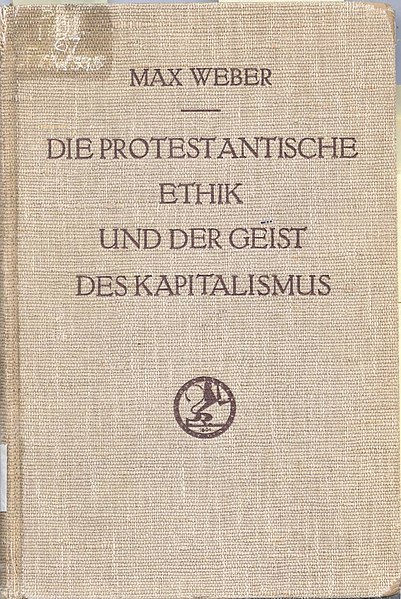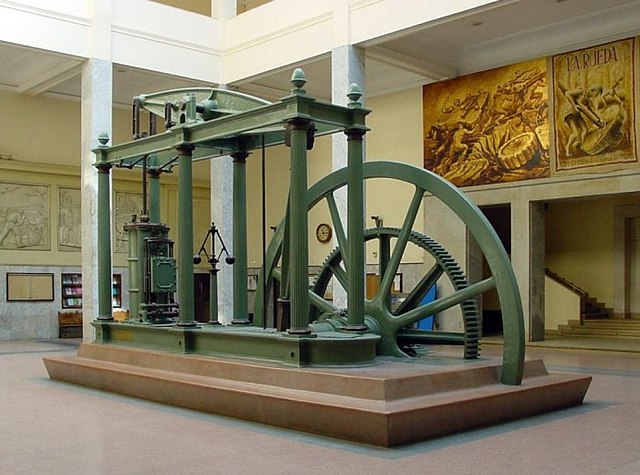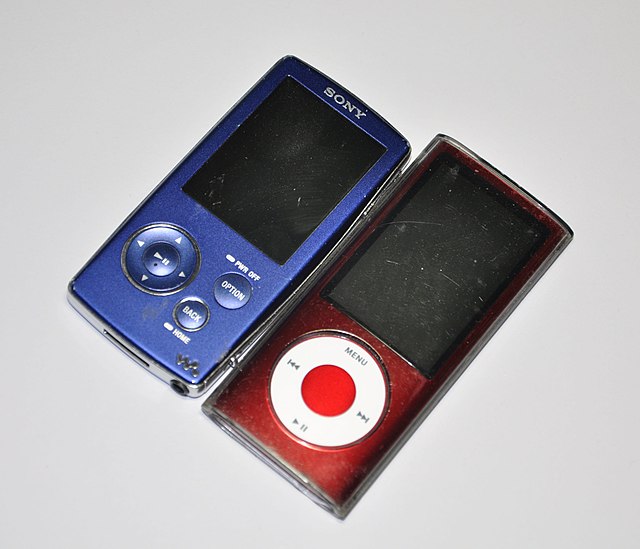Modernity, a topic in the humanities and social sciences, is both a historical period and the ensemble of particular socio-cultural norms, attitudes and practices that arose in the wake of the Renaissance—in the Age of Reason of 17th-century thought and the 18th-century Enlightenment. Some commentators consider the era of modernity to have ended by 1930, with World War II in 1945, or the 1980s or 1990s; the following era is called postmodernity. The term "contemporary history" is also used to refer to the post-1945 timeframe, without assigning it to either the modern or postmodern era.
Cover of the original German edition of Max Weber's The Protestant Ethic and the Spirit of Capitalism
The modern era or the modern period, also known as modern history or modern times, is the period of human history that succeeds the post-classical era, which ended around 1500 AD, up to the present. This terminology is a historical periodization that is applied primarily to European and Western history.
A Watt steam engine in Madrid. The development of the steam engine started the industrial revolution in England. The steam engine was created to pump water from coal mines, enabling them to be deepened beyond groundwater levels.
The rise of MP3 players, downloadable music, and cellular ringtones in the mid-2000s ended the decade-long dominance that the CD held up to that point.
India's Prayag Kumbh Mela is regarded as the world's largest religious festival.
Chinese medics in Huanggang, Hubei, in 2020





